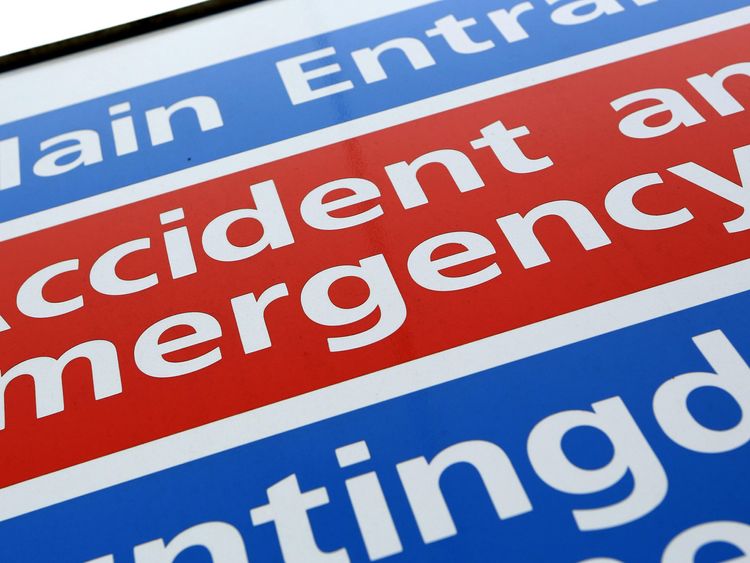The NHS faces unsustainable, endemic financial problems despite a series of one-off payments intended to stabilise services.
A National Audit Office (NAO) report concludes that despite additional funding and planned reforms, the health service is failing to manage increased demand, while performance against treatment targets – including those for A&E services and cancer – is getting worse.
The assessment comes as the NHS continues to grapple with a winter crisis exacerbated by the worst flu season in seven years, and with hospitals running at 95% bed occupancy.
Doctors' groups, health think tanks and opposition parties said the report endorses the view that the NHS is suffering from under-funding and the lack of a long-term plan.
The NAO examined NHS funding arrangements in the 2016-17 financial year, including a £1.8bn one-off cash injection intended to stabilise the financial position of NHS services and prepare them for a future squeeze on revenue.
It found that, instead, the money was used to cope with existing pressures and effectively fill a black hole in hospital trust finances.
The Sustainability and Transformation Fund (STF) was created after NHS Trusts reported a collective deficit of £2,477m in 2015-16.
It was intended to help reform services, with health providers in 44 areas across the country working together to respond to the changing needs of patients.
In fact, the money was used to meet existing pressures and help bail out trusts facing huge deficits.
By the end of the 2016-17 financial year, even with the additional £1.8bn, the overall deficit stood at £791m.
The NHS is currently in the tightest financial squeeze in its history.
Health spending in real terms has increased by 3.9% a year since 1948, but on current plans it will average just 1.9% between 2014-15 and 2020-21.
The report concludes that despite one-off payments including the STF, and £3.1bn in loans from the Department of Health and Social Care, the "endemic" financial problems of NHS bodies "have not eased".

Amyas Morse, head of the NAO, said: "The NHS has received extra funding, but this has mostly been used to cope with current pressures and has not provided the stable platform intended from which to transform services.
"Repeated short-term funding boosts could turn into the new normal, when the public purse may be better served by a long-term funding settlement that provides a stable platform for sustained improvements."
The British Medical Association said the report demonstrated the NHS was simply "firefighting".
NHS Providers, which represents hospital and ambulance trust managers, said the NHS faced a "watershed moment" that demanded a long-term plan.
Labour's shadow health secretary Jonathan Ashworth said the report highlighted "the Government's flawed and wholly inadequate approach to the sustainable, long term funding of the NHS."
"Ministers have failed to increase per head spending in real terms each year, a key election promise, and there are still no details of a long overdue pay rise for NHS staff," he said.
More from NHS
A Department of Health and Social Care spokesperson said: "As this report recognises, the NHS has made significant progress towards balancing the books and returning to a financially stable position – to support this we recently gave it top priority in the Budget with an extra £2.8bn, on top of a planned £10bn-a-year increase in its budget by 2020/21."
The NAO report is the latest in a series of publications that have identified the need for a long-term funding solution for the NHS.
[contf] [contfnew] 
Sky News
[contfnewc] [contfnewc]






